Summary:
- Porsche has scaled back its EV goals due to declining global EV sales and market uncertainties
- Porsche is prioritizing hybrid vehicles as a transition between gasoline and fully electric models
- Porsche will continue to produce the V8 Cayenne until 2030
- Other manufacturers, like Volvo and Mercedes-Benz, are also adjusting their EV timelines
- Factors such as high costs, limited charging infrastructure, and range anxiety have contributed to the slowdown in EV sales
Porsche, renowned for its iconic gasoline sports cars that, until a couple of years ago, was working full steam to electrify its lineup to 80% by 2030, is recalibrating to less ambitious electric vehicle (EV) goals. This strategic shift comes amidst a global decline in EV sales that has impacted numerous manufacturers, including industry giants like Mercedes-Benz and EV startups like Fisker and Lordstown Motors. As other brands like Volvo are also cautiously reevaluating their electrification timelines, Porsche’s decision to temper its EV ambitions reflects a growing concern about the challenges and uncertainties surrounding the transition to electric power.
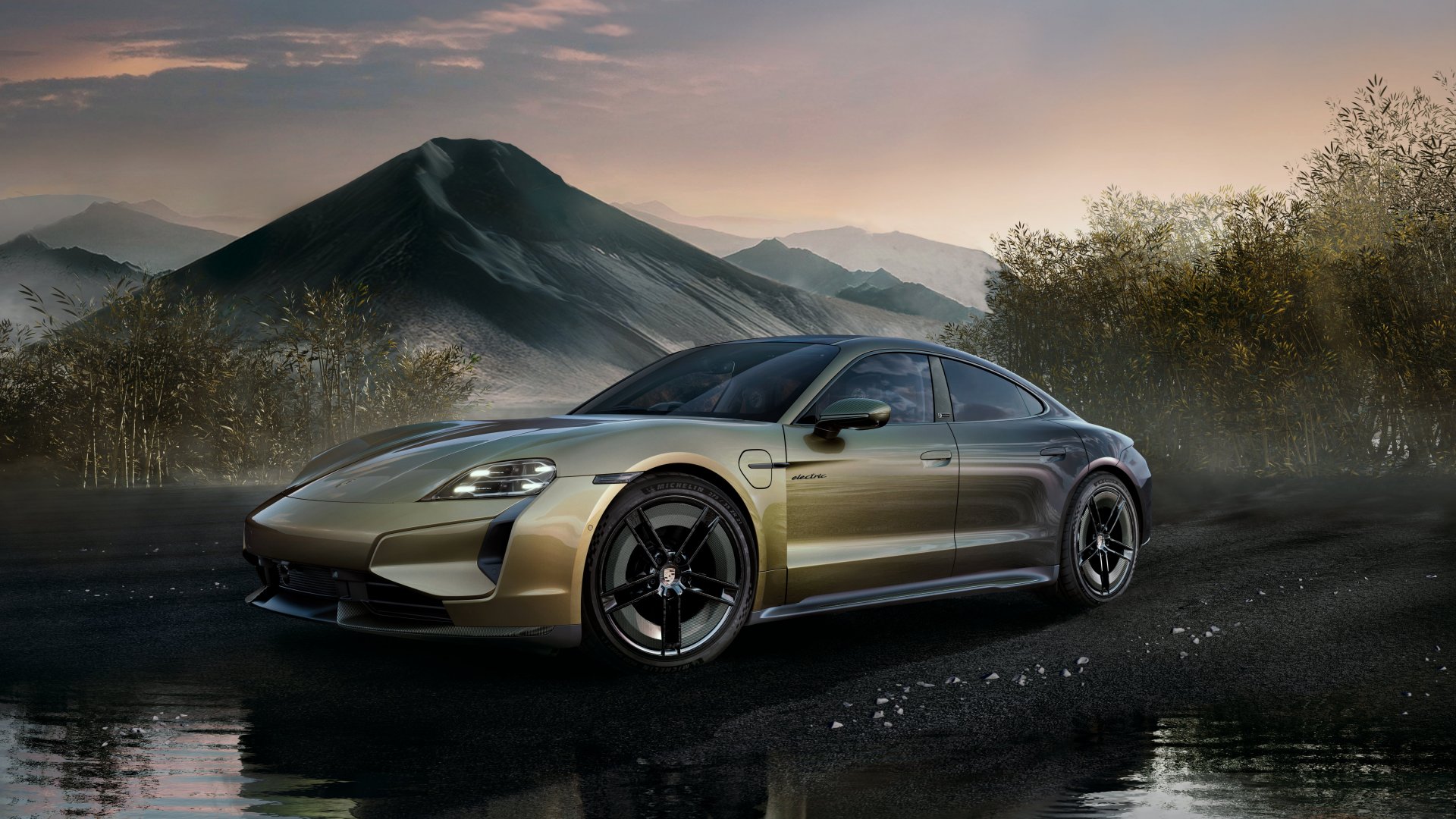
While Porsche remains committed to embracing electrification, the company has made it clear with announcements like the V8 Cayenne will continue to be produced until 2030 that it doesn’t intend to abandon its combustion engine heritage. Instead, the automaker is prioritizing hybrid powertrains as a bridge between traditional gasoline-powered vehicles and fully electric models. This approach aims to balance sustainability and performance, offering customers a more comprehensive range of options catering to their needs and preferences.
Porsche’s Electric Ambitions Hit a Roadblock as Global EV Sales Falter
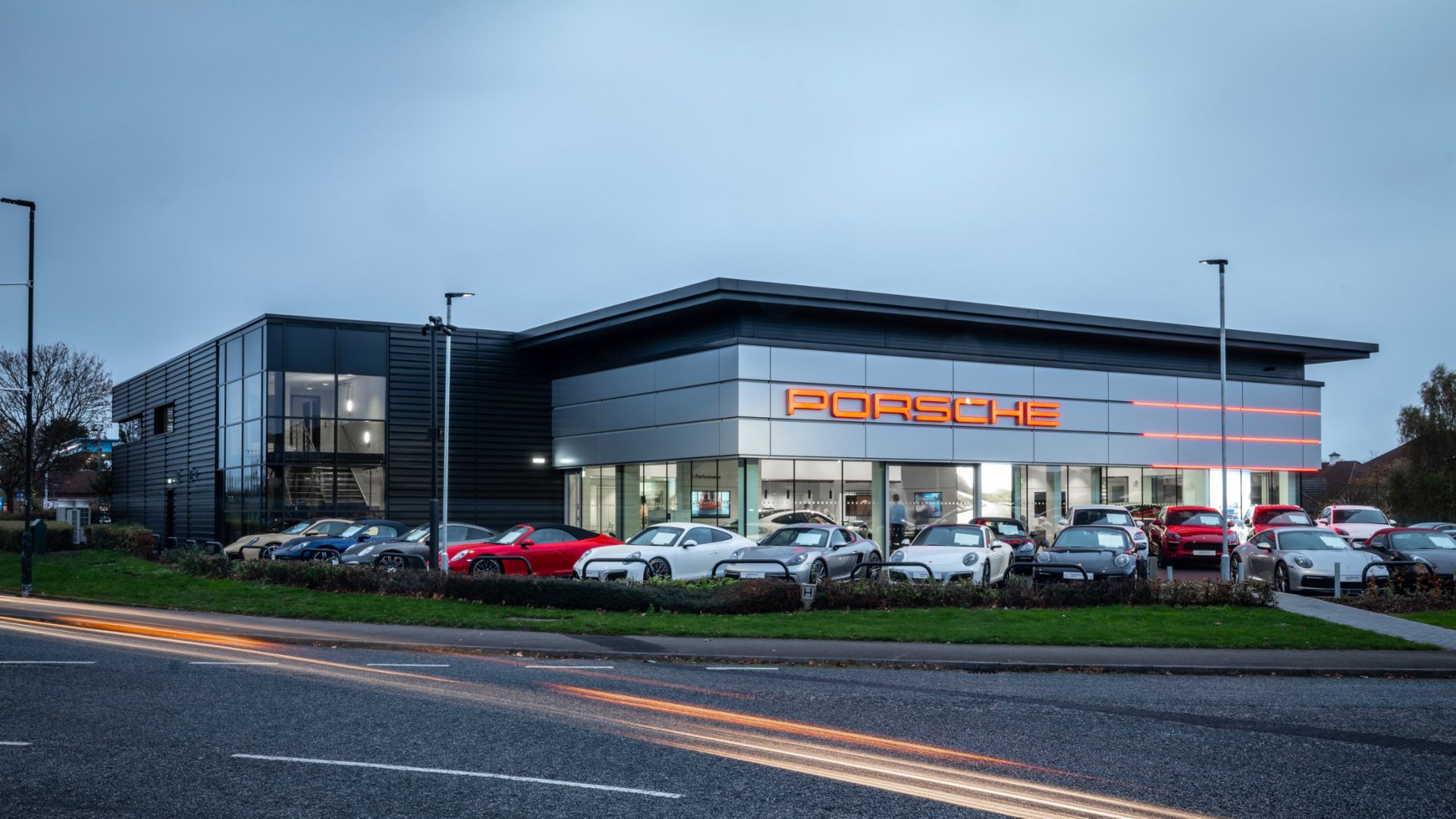
Porsche has built a legendary heritage in the automotive world for its gasoline high-performance sports cars. However, the company has recently shifted towards electrification. Environmental concerns, government regulations, consumer demand, and technological advancements are some factors behind the shift. In 2022, Porsche announced an ambitious goal to electrify 80% of its lineup by 2030, driven by the success of its Taycan EV and growing market demand for electric vehicles.
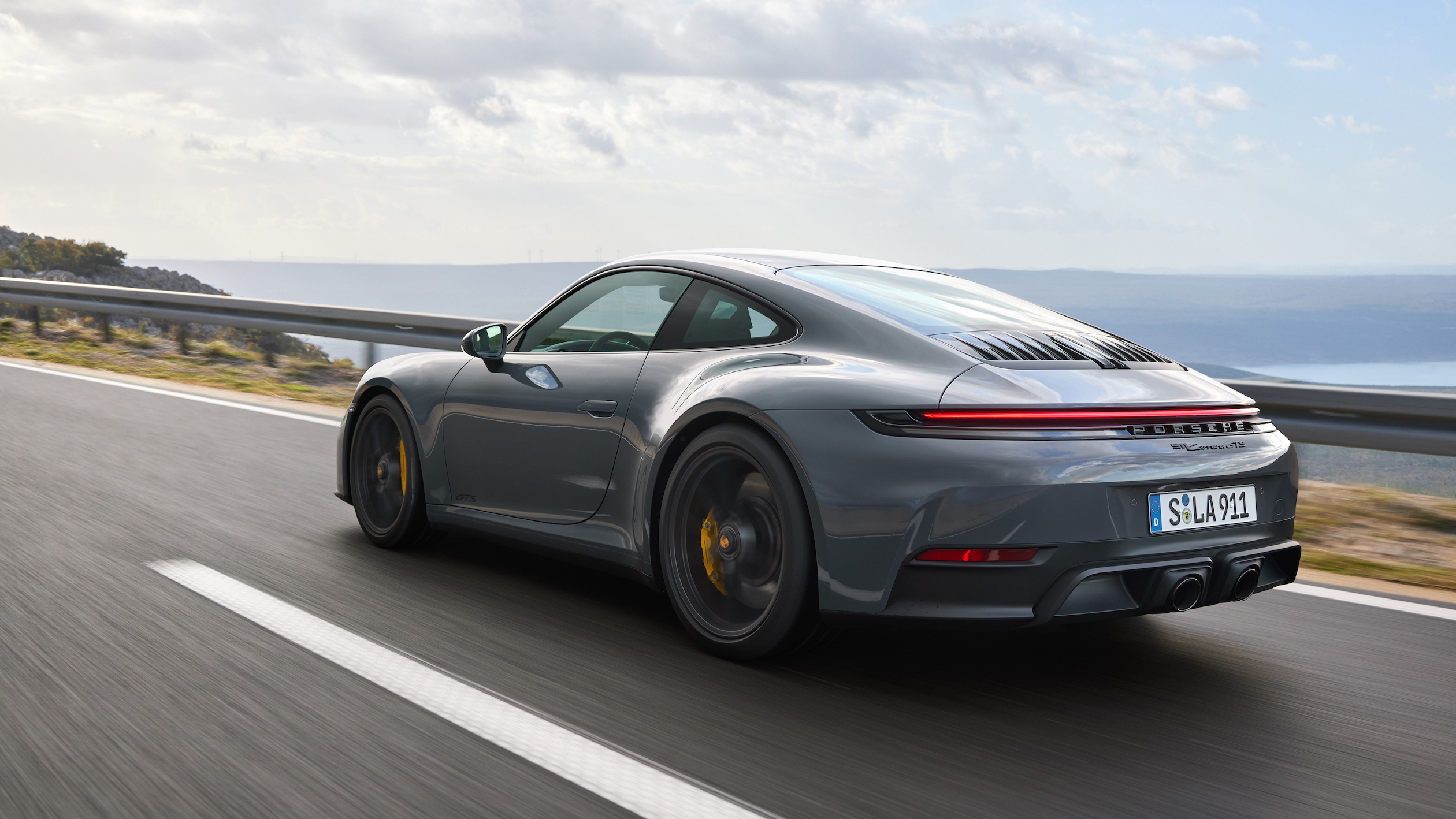
However, fast-forward to 2024, as global EV sales faltered, partly due to a lack of affordable models, tariffs on large markets like the U.S. and Canada, and consumer concerns such as range anxiety and charging times. The German marque experienced a notorious drop in sales in the first half of 2024, particularly with its all-electric Taycan model. Porsche saw Taycan deliveries drop 51%, signaling a shift in consumer sentiment.
Overall Porsche Sales
Porsche sales have stalled worldwide in the first half of 2024. The Stuttgart-based luxury car maker has attributed its recent sales downturn to intensifying competition in the Chinese market. The company has cited increased pressure from domestic manufacturers offering comparable products at lower prices. This competitive landscape has particularly impacted Porsche’s sales in China, with a 33% decline recorded between January and June, resulting in 29,551 vehicles delivered. The United States also experienced a decline in Porsche sales, with a 6% decrease in volume. North America as a whole recorded 39,558 deliveries. Porsche attributed this slowdown to delays in customs and delivery processes.
The Transition Will Take Years
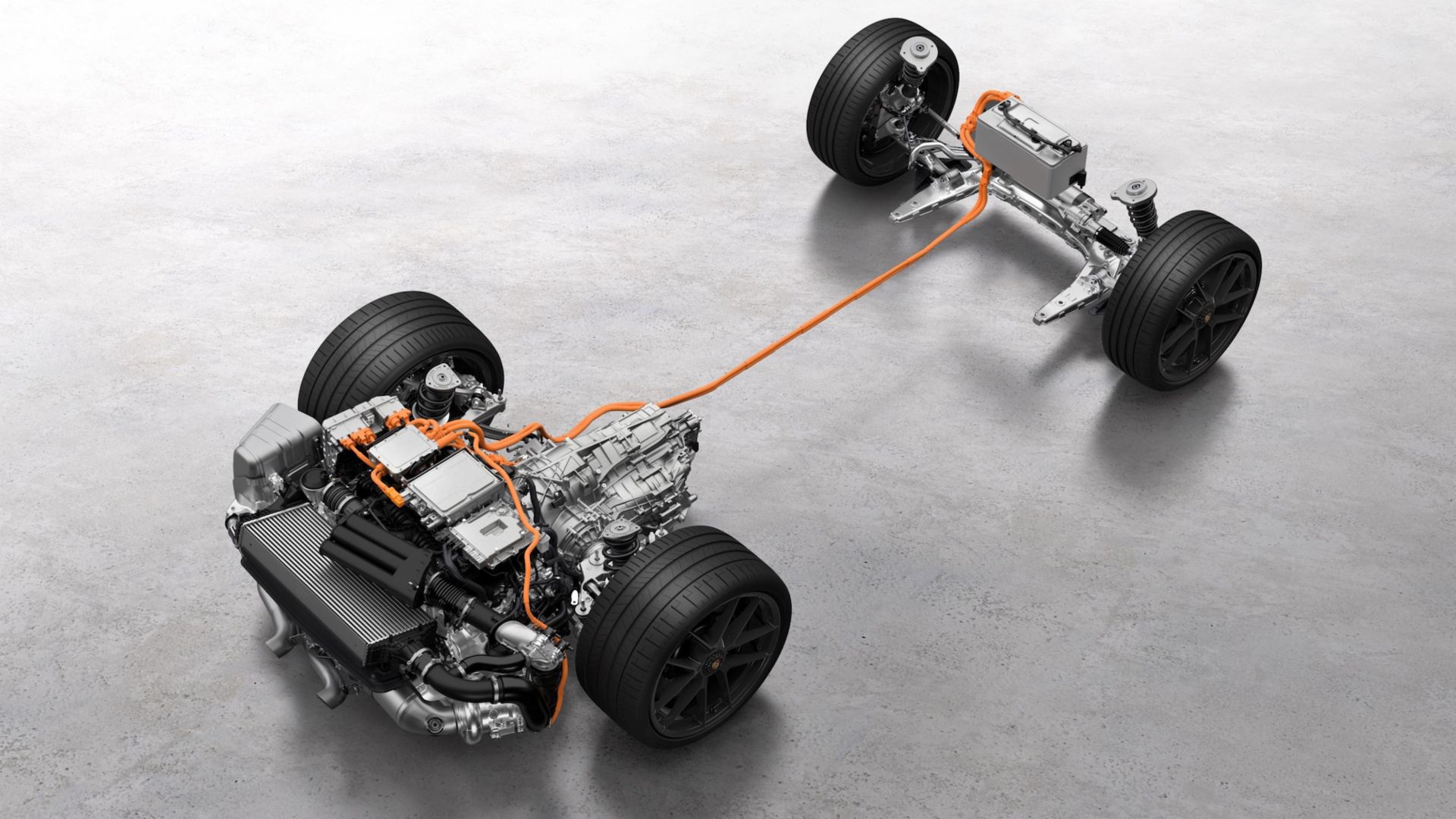
In response to the global landscape regarding EV adoption, Porsche announced in July 2024 that it would scale back its EV plans, recognizing that the transition would take longer than anticipated. The company emphasized the complexity of the shift and the need for a more gradual approach, allowing time for market readiness and infrastructure development. Porsche highlighted that its main markets have vastly different electric vehicle adoption rates. China demonstrated strong demand for electric vehicles, while Europe’s uptake was slower, and the United States exhibited inconsistent interest levels.
EV Inventories Are on the Rise in the U.S.
As of April 2024, data from S&P Mobility showed that the current EV inventory in the United States is still rising, with the electric vehicle (EV) inventory growing faster than the overall industry. EV inventory at the end of April climbed 5.7% compared to the prior month and rose 105% compared to a year ago. This phenomenon is unfolding despite many automakers discounting EVs nearly $6,000 on average in the first quarter, according to data from Cox Automotive.
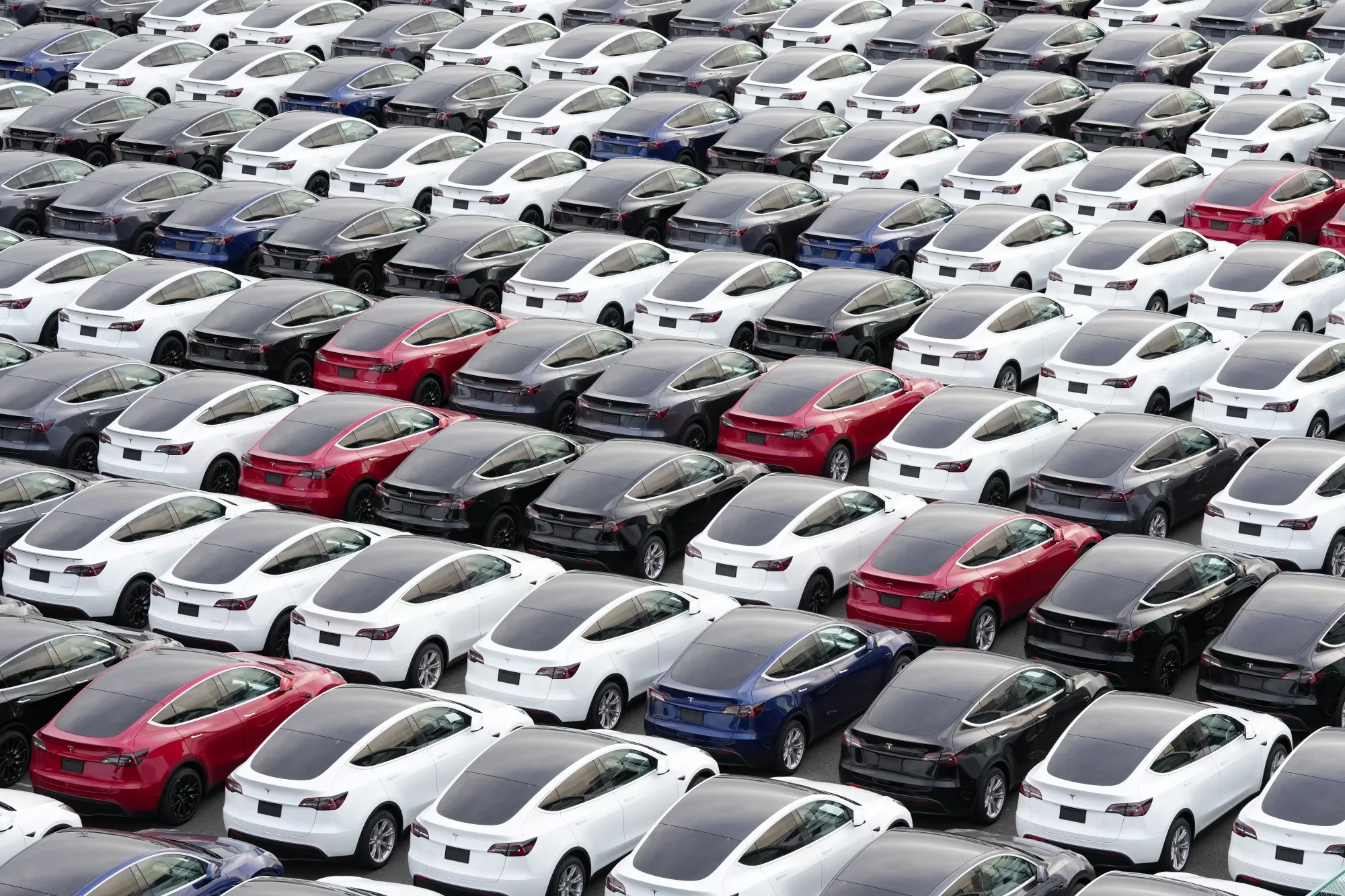
The firm said some dealership-reported incentives may include the federal tax credit if applied at the point of sale. Automakers and retailers offer discounts to sell the electric models, which flood dealership lots quickly. However, large automakers are not the only ones who got EV adoption timing wrong. EV-only startups like Lordstown Motors and California-based Fisker have taken significant hits, filing for bankruptcy protection in 2023 and June of this year, respectively.
Porsche Isn’t Giving up Its Combustion Engines
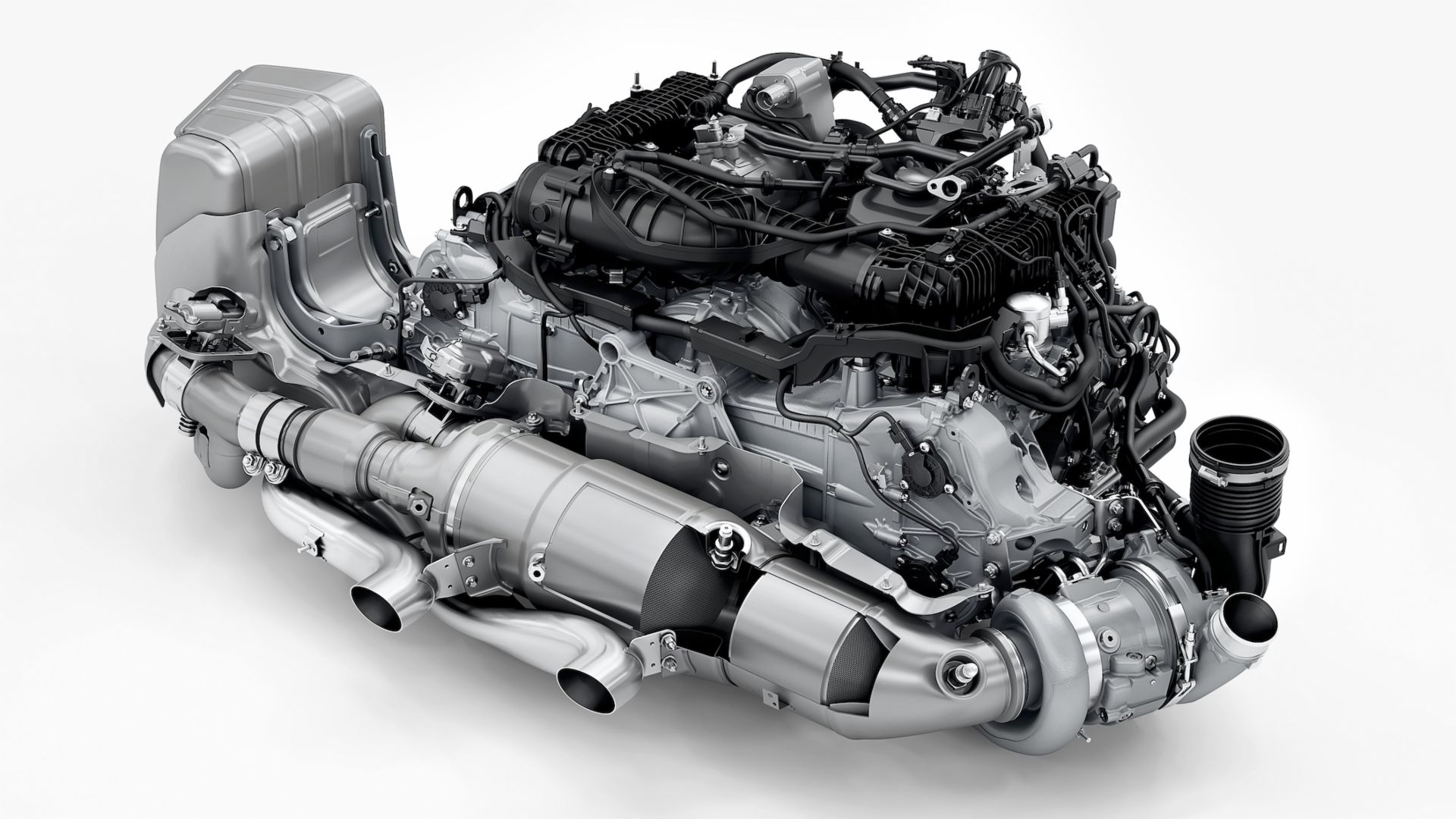
Amid declining EV demand, Porsche is pivoting towards hybrid powertrains as a critical component of its updated electrification strategy for 2030. They call it a ‘double strategy,’ which expands its electric offering while incorporating hybrid versions of its classic models. The upcoming hybrid version of the iconic 911 exemplifies this shift, blending electric efficiency with Porsche’s renowned performance.
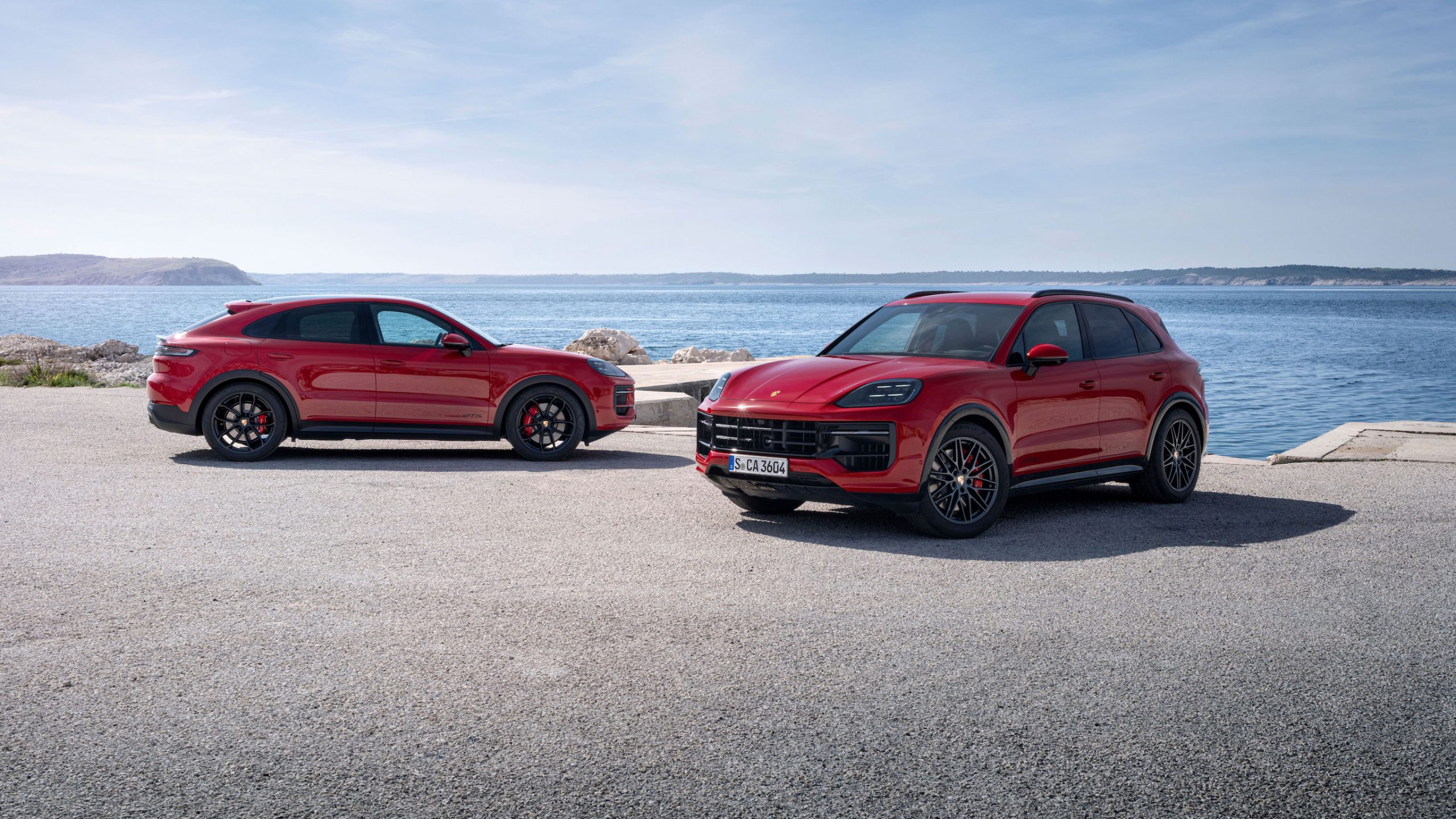
The brand is also committed to maintaining gasoline-only models, with the V8-powered Cayenne continuing production until 2030 alongside the ongoing development of its EV counterpart. By embracing hybrids, Porsche aims to offer customers the best of both worlds—electrification without sacrificing the visceral driving experience that defines its cars—while gradually transitioning to a fully electrified future.
Other Major Carmakers Are Also Pulling Back
Amidst the global deceleration of EV adoption, other manufacturers have joined Porsche in lowering their EV ambitions. For instance, Volvo Cars has recently adjusted its electrification timeline. While it remains committed to becoming fully electric, the company announced in early September that it scrapped its target of going all-electric by 2030. The company aims for 90 to 100 percent of its global sales volume by 2030 to consist of “electrified cars,” meaning a mix of fully electric and plug-in hybrid models.
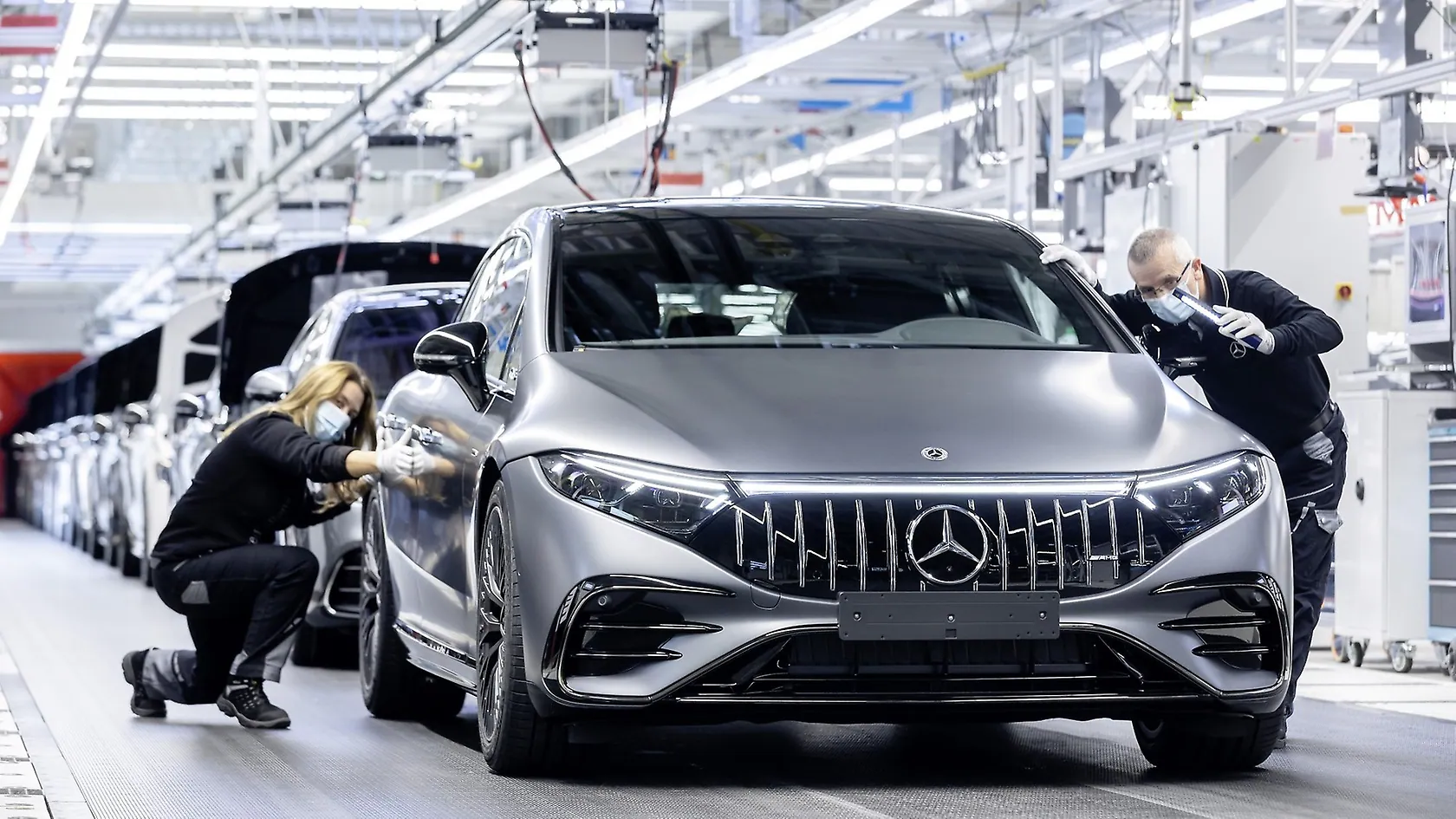
However, Volvo is the latest to join the trend. Mercedes-Benz announced in February 2024 that it was postponing its five-year electrification plans. The company reassured investors that it would continue to invest in traditional combustion engine models. This decision aligned with other major automakers who had also observed lower-than-anticipated demand for battery electric vehicles (BEVs).
Other luxury car manufacturers took a more cautious approach to EV adoption from the get-go. Lamborghini is an excellent example, with a lineup consisting primarily of gasoline-only models and a sole electrified offering, the V12 hybrid Revuelto. The Italian supercar manufacturer experienced record sales in the first half of 2024 while slowly developing its EV strategy.
Conclusion
Porsche’s recalibration of its EV goals reflects the evolving landscape of the electric vehicle market. While the company remains committed to electrification, it is taking a more measured approach, prioritizing hybrid powertrains and maintaining a focus on combustion engines. This strategic shift aligns with other automakers’ adaptation to changing market conditions and consumer preferences. As the EV market continues to evolve, it remains to be seen how Porsche’s approach will position it for long-term success.


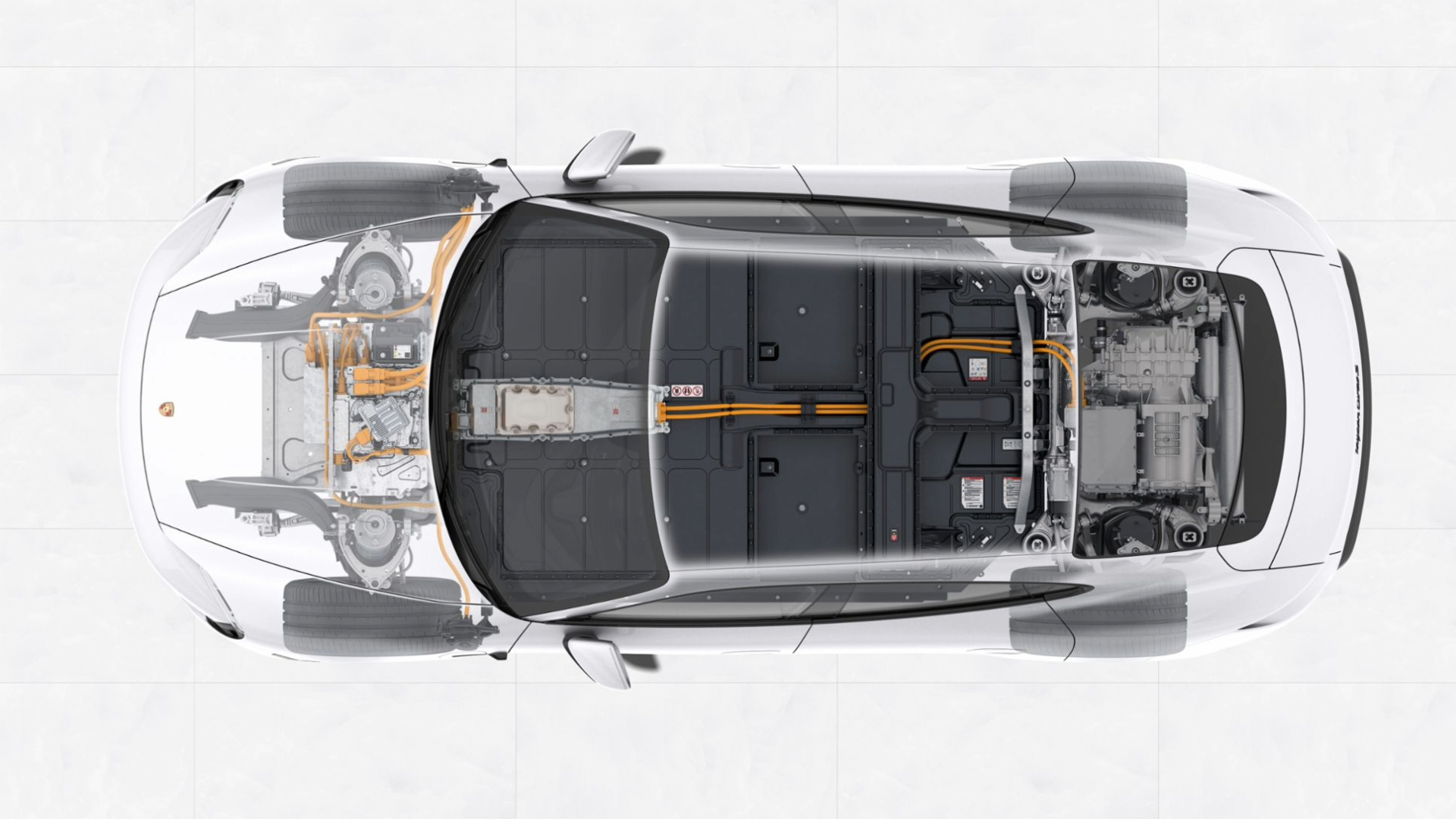
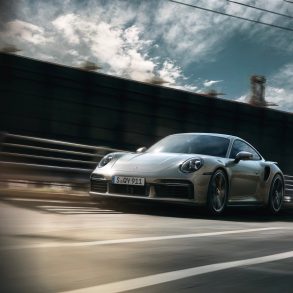
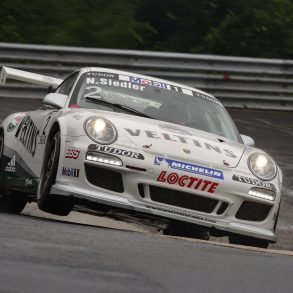
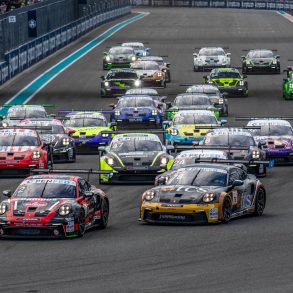
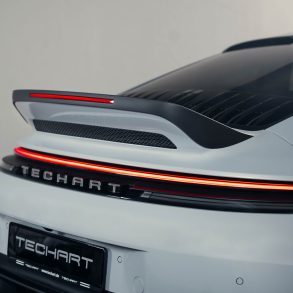
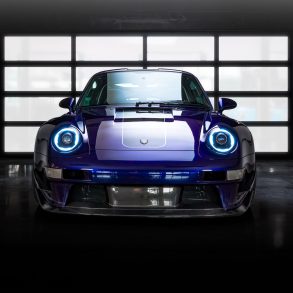
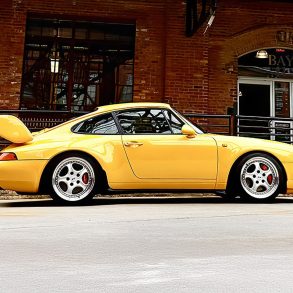
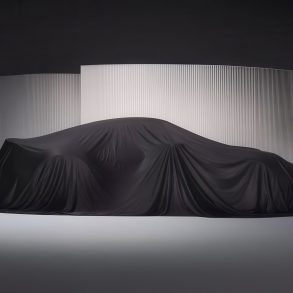
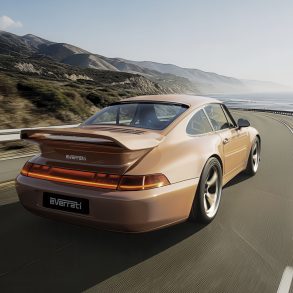
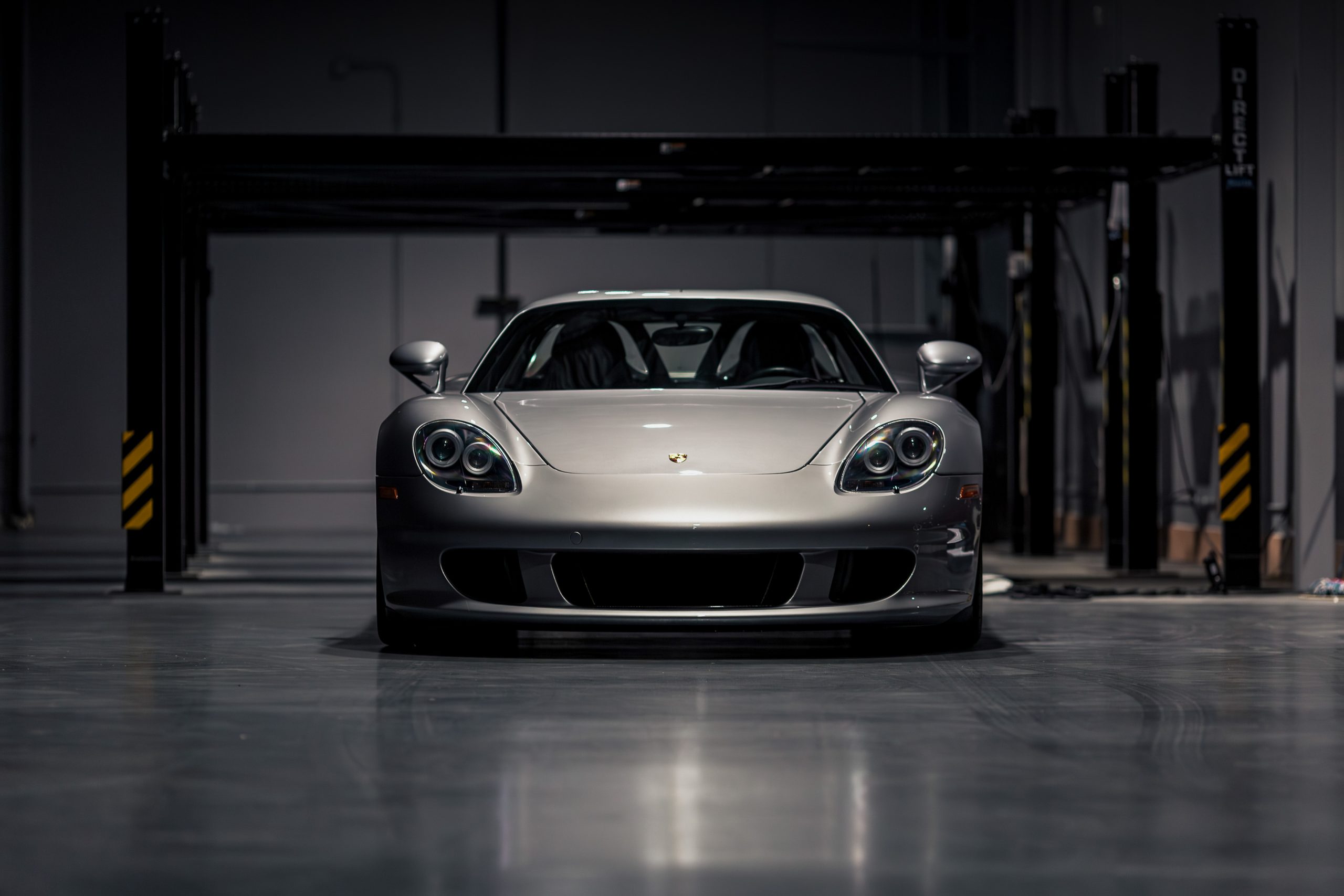
As if it wasn’t expected already. I mean even the stupidest of people could predict no one would want sports cars to be electrified. One has to be really dumb to buy one as well. Dummies did buy their EV junk, probably that’s why they got so optimistic. But even more people would buy if they were to stick to the basics like 997/987 platforms. Same cars, same tech but better engines and better suspension. That’s all. No one wants touchscreens, intrusive electronic aids, huge dimensions, electric steerings, auto gearboxes etc. These are all biggest compromises and don’t suit a sports car especially when a brand is charging top dollar for its cars. Such cost cutting measures just don’t go well
0